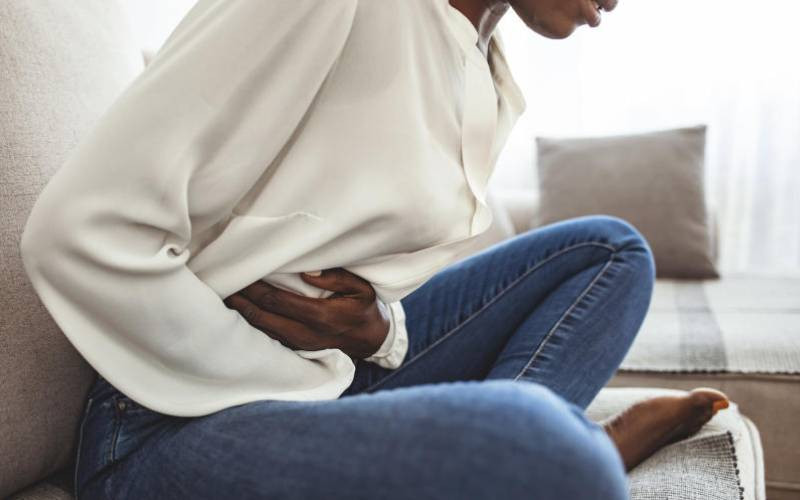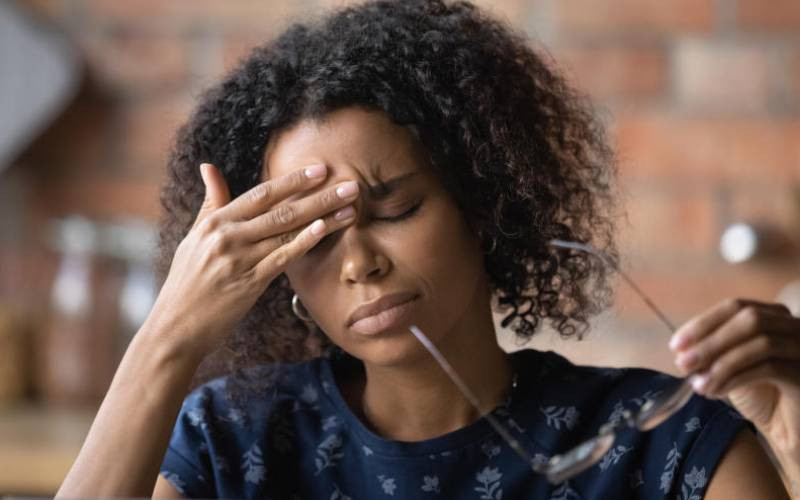
The World Health Organisation said 43m 12 to 35-year-olds are affected by aural health issues in a shock 'permanent damage' warning
Listening to loud music for more than an hour a day can make you deaf, health experts said today.
They also warned that audio devices should be played at no more than 60% volume and that noisy concerts and bars posed a serious threat of hearing loss.
The World Health Organisation reckon 1.1 billion young adults are at risk. Their figures show 43million 12 to 35-year-olds are already affected. The proportion of US teenagers with hearing loss went from 3.5% in 1994 to 5.3% in 2006.
WHO director for injury prevention Dr Etienne Krug said limiting listening to an hour a day was a good ambition. He added: “That’s a rough recommendation to those spending 10 hours a day listening to an mp3 player. “But even an hour can be too much if it is too loud.” Proportion of US teenagers with hearing loss 199420060.00.51.01.52.02.53.03.54.04.55.05.5% WHO is also advising noise-cancelling headphones for plane or train journeys, earplugs for noisy venues, taking listening breaks and standing away from speakers at gigs. Paul Breckell, boss of the charity Action on Hearing Loss, said: “To stay safe you should halve listening time for every three decibel rise in the level of loud music.” He went on: “I strongly urge music lovers to consider the long-term risks of listening to personal players over the 85 decibels safe level. “Over exposure can also trigger other ear conditions such as tinnitus. “Remember, a good pair of noise-cancelling headphones really can make all the difference.” A 2013 EU directive now makes it obligatory for new audio devices to carry a warning that users risk damaging their hearing after listening to 20 hours of sound at 85 decibels. Do you listen to more than an hour of loud music a day? YES NO Ralph Holme, head of biomedical research at Action on Hearing Loss, explained how hearing can become damaged. "Loud sounds damage your hearing by killing off thousands of little hair cells – or microphones – in the inner ear," he said. "The cells detect different pitches of sound through vibration, which are then turned into electrical signals and sent to the brain. "But they are very fragile and if they vibrate too much due to loud sounds for too long they get damaged and die. "The problem is they don’t grow back and the ear can no longer detect sound.
"It is important to realise the dangers. In a noisy bar or club if you are having to shout to someone a metre away for them to hear you then it’s probably too loud."
 The Standard Group Plc is a multi-media organization with investments in media platforms spanning newspaper print
operations, television, radio broadcasting, digital and online services. The Standard Group is recognized as a
leading multi-media house in Kenya with a key influence in matters of national and international interest.
The Standard Group Plc is a multi-media organization with investments in media platforms spanning newspaper print
operations, television, radio broadcasting, digital and online services. The Standard Group is recognized as a
leading multi-media house in Kenya with a key influence in matters of national and international interest.










